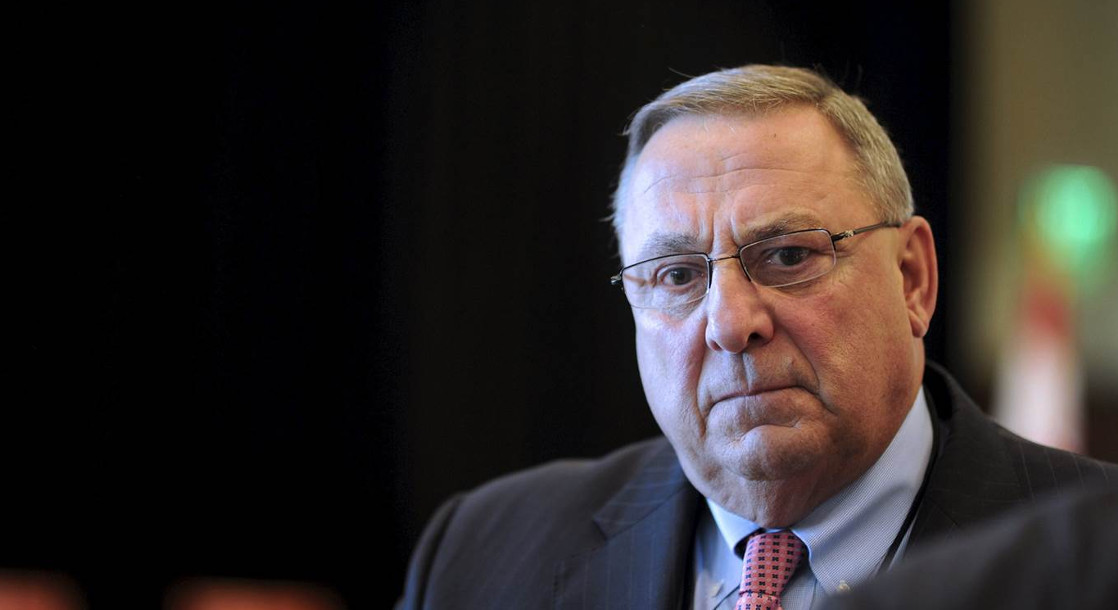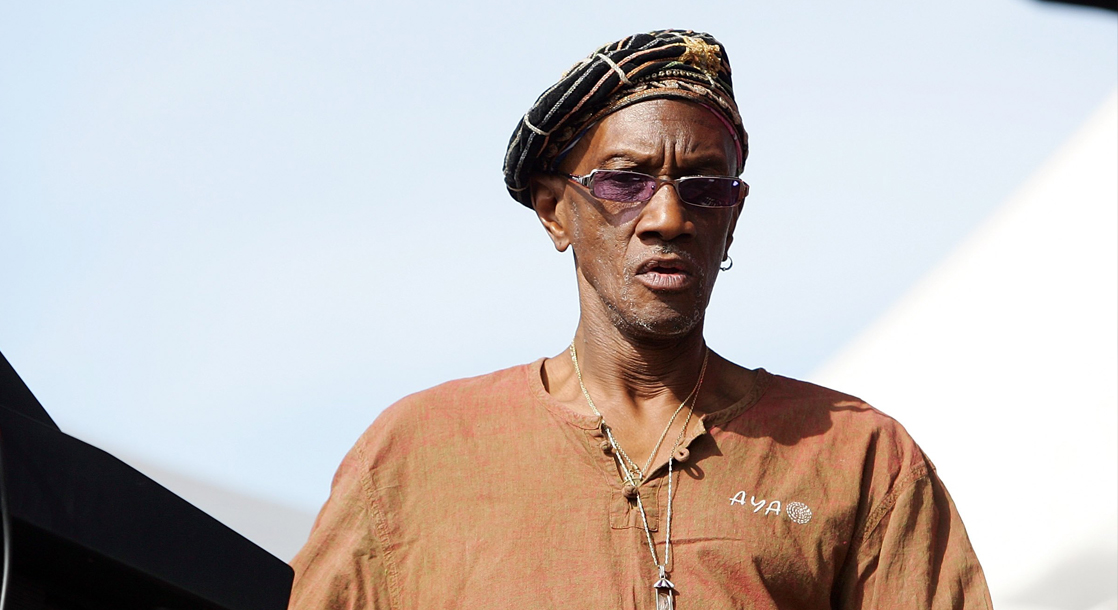Governor Paul LePage has signed a proclamation that seals the results of Maine's recreational marijuana vote. Maine's rocky road towards adult use has finally come full circle, as the referendum legalizes recreational marijuana for adults in Maine over the age of 21.
The new law allows adults to possess up to 2.5 ounces of marijuana and grow up to six plants at home. The Maine Department of Agriculture, Conservation and Forestry will oversee marijuana sales, but retail stores will not open doors until a regulatory system has been established. The Secretary of State's office received the governor's proclamation on December 31, which the governor then signed into law. It will go into effect on January 30, 2017.
Maine's Ballot Question 1 passed by a slim margin of about 4,000 votes and opponents of the bill weren't initially convinced of victory’s legitimacy. However, a recount determined the same results, even though the recount effort was abandoned early. The final count determined the bill passed by a margin of 4,073 votes. Despite the passing of Ballot Question 1, part of LePage’s proclamation reads “…the governor maintains strong concerns regarding the integrity of Maine's ballot and accuracy of Maine's election results and cannot attest to the accuracy of the tabulation certified by the Secretary of State."
Governor LePage has been outspoken against recreational marijuana since the ballot question was first introduced. He is known for his careless categorization of “drug dealers,” and has even gone as far as claiming publicly that "half the time they impregnate a young, white girl."
Governor LePage has also suggested setting up a moratorium to determine how funding will be relayed to the state's Agricultural Department. Massachusetts Governor Charlie Baker enacted similar measures that effectively delayed the sale of marijuana. LePage expresses concerns over the lack of regulations and funding.
“That concerns me. So now [Colorado is] collecting just a fraction of the taxes that they thought they would,” LePage told the Portland Press-Herald. “We really need to sit down and look at this and if we are going to tax, let’s tax it, and if we are not going to tax it, let’s not even bother doing it.” LePage also downplayed activist Paul McCarrier's prediction that Maine could reap $200 million in tax revenue from recreational pot.
Several concerns surrounding children's access to edibles have also been taken into account. The “No on 1” campaign led the opposition to “Yes on 1”, but both sides are now working together to implement measures to prevent children from consuming edibles. It will take several months before the regulatory details are revealed, and retail stores will not open in Maine until 2018.











